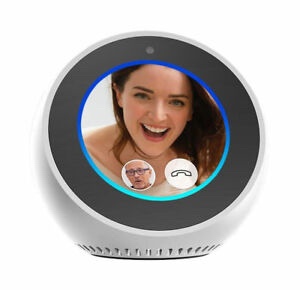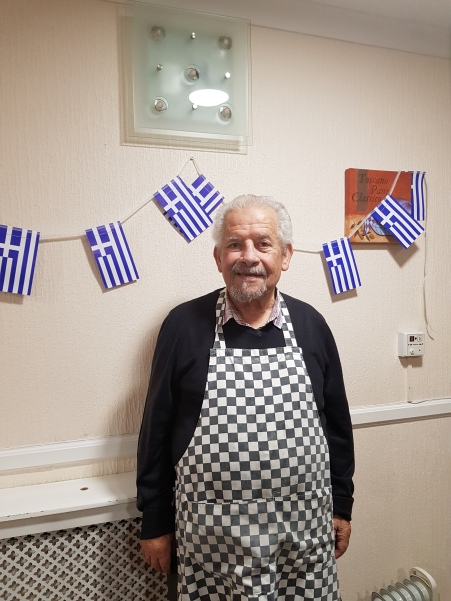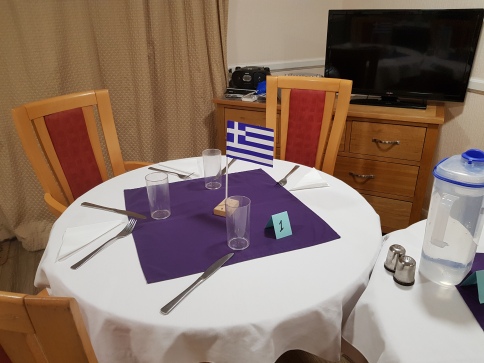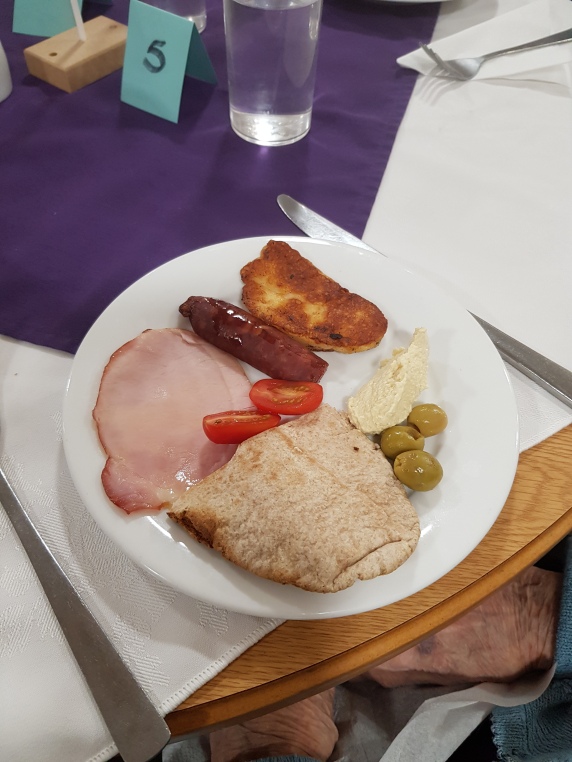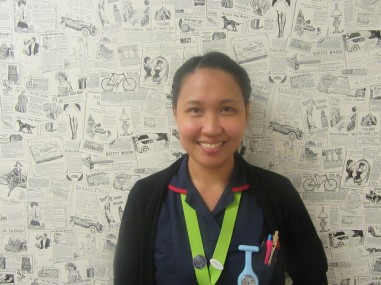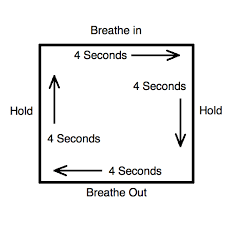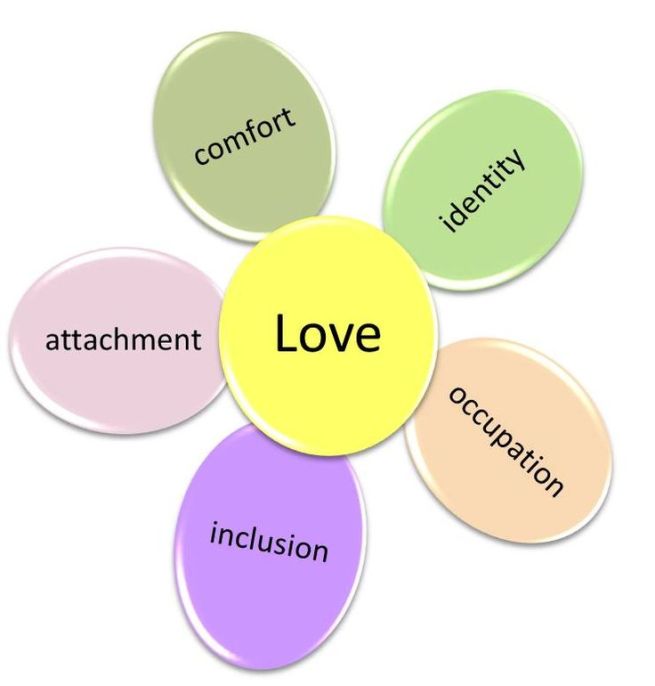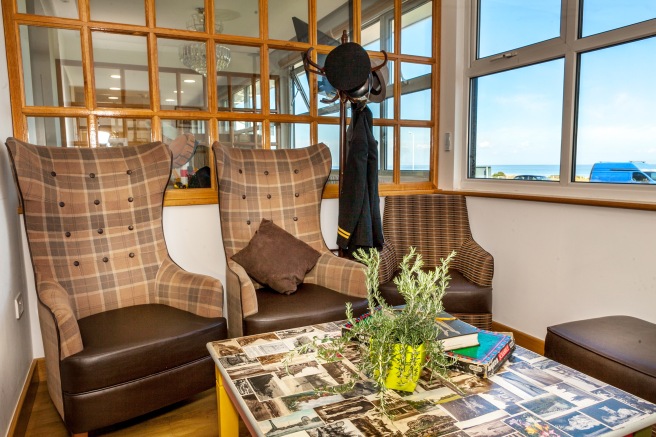Where am I? Have you heard this question a lot whilst working in a residential home?
This question is asked usually by someone who is walking around the home and feeling lost, when you ask if they are fine or if they need anything. The most common answer is they are looking for their bedroom.
Grenham Bay Court has recently decorated one of the corridors and we have decided to make the doors in different colours. Of course, we have asked the residents and some of their families to choose what colour they would like to have, the doors look like a front door of the house. We have successfully finished the project and the residents love it.
So, what is the benefit of having these coloured doors?
It is about colour and contrast, this aids someone living with Dementia or sight impairment to recognise an object or identify colour easily. We used a very light paint for the wall to contrast with the ‘bright’ coloured doors. You may have noticed some bathrooms have red colour toilet seat; this enables an individual to find the toilet easily when they need it. Another example is using red plates and utensils to aid with eating and drinking.
Is it important to have this in place?
How can this make a difference or help someone?
When we age, our brain is not able to perceive what the eyes see and often misinterpret things around us. This can add more confusion for someone living with Dementia. The use of different colours particularly those that contrast, has been proven to make life easier for people who are living with Dementia.
There are number of ways to use colour and contrast to make life easier for someone who is living with Dementia. I have mentioned a few above which are proven to be helpful. But these colours do not only help to keep the environment safe and aid with making life easier, colours also have impact on mood and feelings. For example:
Blue – cool colours like blue make a room feel bigger, and have a calming and restful effect, so they are often used for bedrooms and quiet areas.
Green – this earthy colour is associated with growth and life and is thought to reduce activity in the central nervous system and help people to feel calmer.
Red – This warm colour has the opposite effect to blue, making a room feel smaller so it is often used for rooms that are cool in temperature. It is also a highly stimulating colour which is often used in activity areas to increase brain wave activity and stimulate the production of adrenaline.
Orange – Another warm colour with similar properties to red. Orange is also an earthy colour so is often used in natural environments.
Yellow – This is another stimulating colour which is used in activity areas to increase brain wave activity. Stimulating colours are good for someone living with Dementia as they can trigger memories and cognition function.
#everydayisdifferent
– Rubyrose





